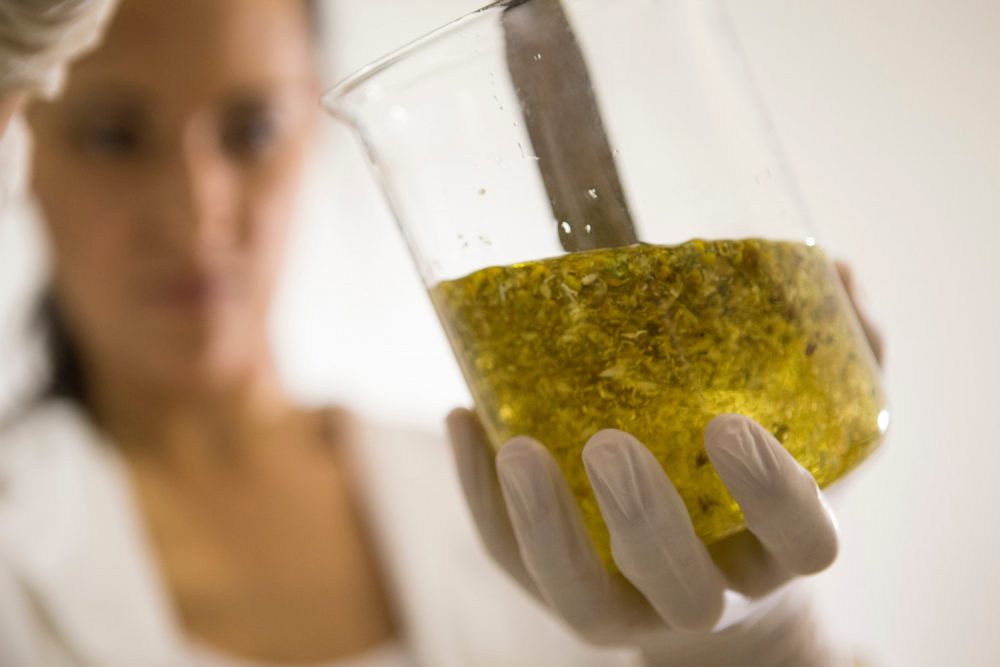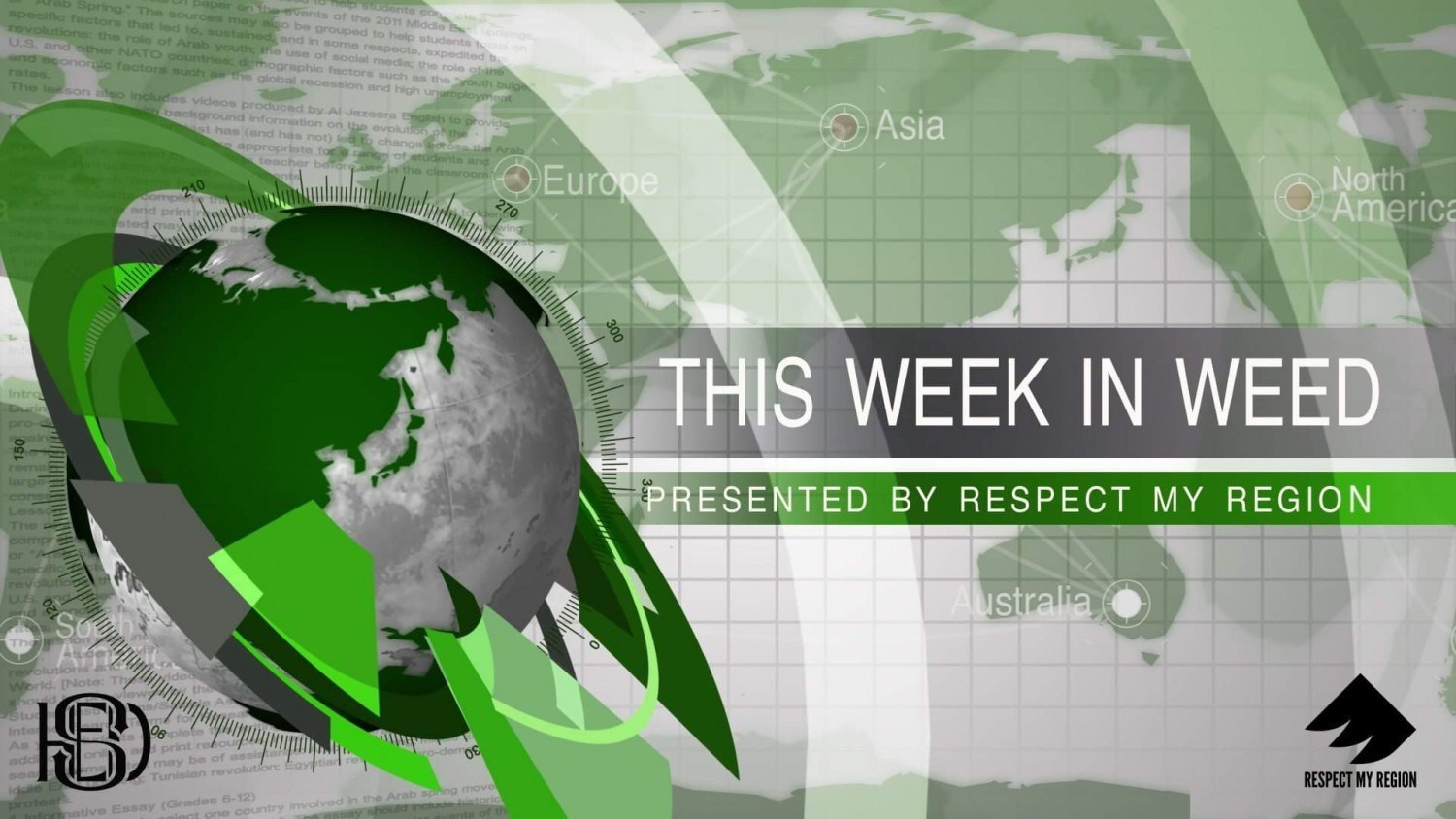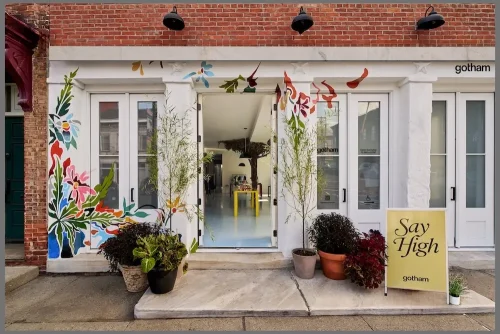The constant flow of cannabis news can be daunting and keeping current can be a hassle. For this reason, Respect My Region keeps an eye out on your behalf, providing a weekly roundup of significant happenings in the world of cannabis and cannabis legislation. State-level developments have come about in the New Year.
This week we cover a series of state-level legalization developments, a call to action regarding cannabis research, and one politician’s push toward legal cannabis in Mexico.
Virginia Governor Expresses Support For Legalization

During his State of the Commonwealth speech, Gov. Ralph Northam (D) of Virginia announced his intention to make cannabis reform one of his top priorities for 2020. In 2017, Northam ran his gubernatorial campaign on the back of assurances that he would remove criminal penalties for minor cannabis possession.
During his speech on Wednesday, Northam made it clear that his desire to implement cannabis-based justice reform was still a top priority. We need to take an honest look at our criminal justice system to make sure we’re treating people fairly and using taxpayer dollars wisely,” Northam said. “This means decriminalizing marijuana possession—and clearing the records of people who’ve gotten in trouble for it.”
Mississippi and South Dakota Secure Cannabis Measures For 2020 Ballot
Going into 2020, there has been a great amount of speculation regarding which states will enact meaningful cannabis legislation. States around the country have been having meaningful conversations on the topic. This week, two states made concrete moves toward making legalization efforts a reality.
In both Mississippi and South Dakota, state officials announced there were now sufficient signatures to include cannabis measures on their 2020 ballots. In South Dakota, two separate measures are on the table, one to approve medical cannabis use and another that would enact recreational legalization. Mississippi’s measure would legalize cannabis in a medical capacity only.
Texas Cannabis Prosecutions Have Dropped More Than Half In Wake Of Hemp Legalization

In June of 2019, Texas passed legislation that legalized hemp. As a result of this legal change, the amount of cannabis possession prosecutions in the state has dropped by more than half. However, while this is certainly a positive change, it was more or less unintentional. When Texas made the move to legalize hemp, state, and local law enforcement agencies found themselves facing an unexpected issue.
The issue, simply put, is this: Texas cops can’t tell the difference between hemp and cannabis containing THC. Law enforcement agencies in Texas don’t have the testing abilities necessary to differentiate between legal hemp and illegal cannabis. Without sufficient testing capabilities, law enforcement has to consult with state testing labs. However, this runs a significant cost to departments. As a result, many jurisdictions have simply opted to avoid prosecution for low-level possession cases. Until Texas develops adequate testing methods, the decrease in prosecutions will likely persist.
Mexican Senator Vocalizes Support For Cannabis Legalization

There is no doubt that steps toward legalization in the United States represent meaningful change. Cannabis legalization results in ample tax funds, lower prosecution rates, and take steps toward rectifying the devastating impact of a decades-long drug war. In Mexico, however, the prospect of cannabis legalization carries a significant weight.
Many experts believe that legalization could deal with a crucial blow to cartels in the country. Cannabis cultivation and sale accounts for plenty of cartel profits, and taking this market away could loosen the grip that they have on citizens and government agencies alike.
Sen. Ricardo Monreal, a top senator with the ruling MORENA party, announced that such legalization efforts would be a top priority for Mexican lawmakers. In 2019, a legalization bill with the support of several senate committees was expected to be voted upon. However, according to Monreal, an “unprecedented” amount of outside lobbying put the bill in danger. Lawmakers applied for a deadline extension for the bill, a move that was successful. As of now, Mexican lawmakers have until April 30 to get the job done.
Top Government Official Decries Legal Barriers To Cannabis Research

In the United States, progress surrounding cannabis has been at an all-time high. The list of states with meaningful cannabis legislation continues to grow, and hemp is now legal nationwide. However, there is one aspect of cannabis reform that has been lacking. As of now, the federal government still designated cannabis as a Schedule I drug. As a result, there are still many legal roadblocks preventing scientists from conducting meaningful cannabis research.
This week, Francis Collins spoke out on this issue. Collins is the Director of the National Institute of Health, an arm of the U.S. Health Department. The NIH is responsible for conducting biomedical and public health research for the United States government. According to Collins, cannabis’s designation as a Schedule I drug is a hindrance to his department’s cannabis research capabilities. This research, according to Collins, is crucial to truly understand the “benefits and risks” of cannabis consumption.
While the NIH does technically have the ability to conduct research, Collins says that the hurdles involved are often insurmountable. And when they can conduct this research, their options for testing material are scarce. In fact, the NIH can only test materials from one source. This source? A government-run cannabis farm operated by the University of Mississippi. Collins believes that this is a great hindrance, stating that products from UofM could vary greatly from products currently available to the public.







